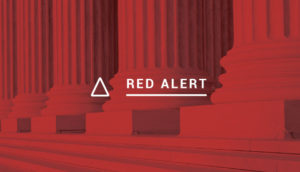
House GOP leaders this morning released a “discussion draft” of legislation designed to repeal and replace the Affordable Care Act that includes a “pay-for” provision that would scale back the employer exclusion from taxation for benefits from 100 percent to 90 percent.



